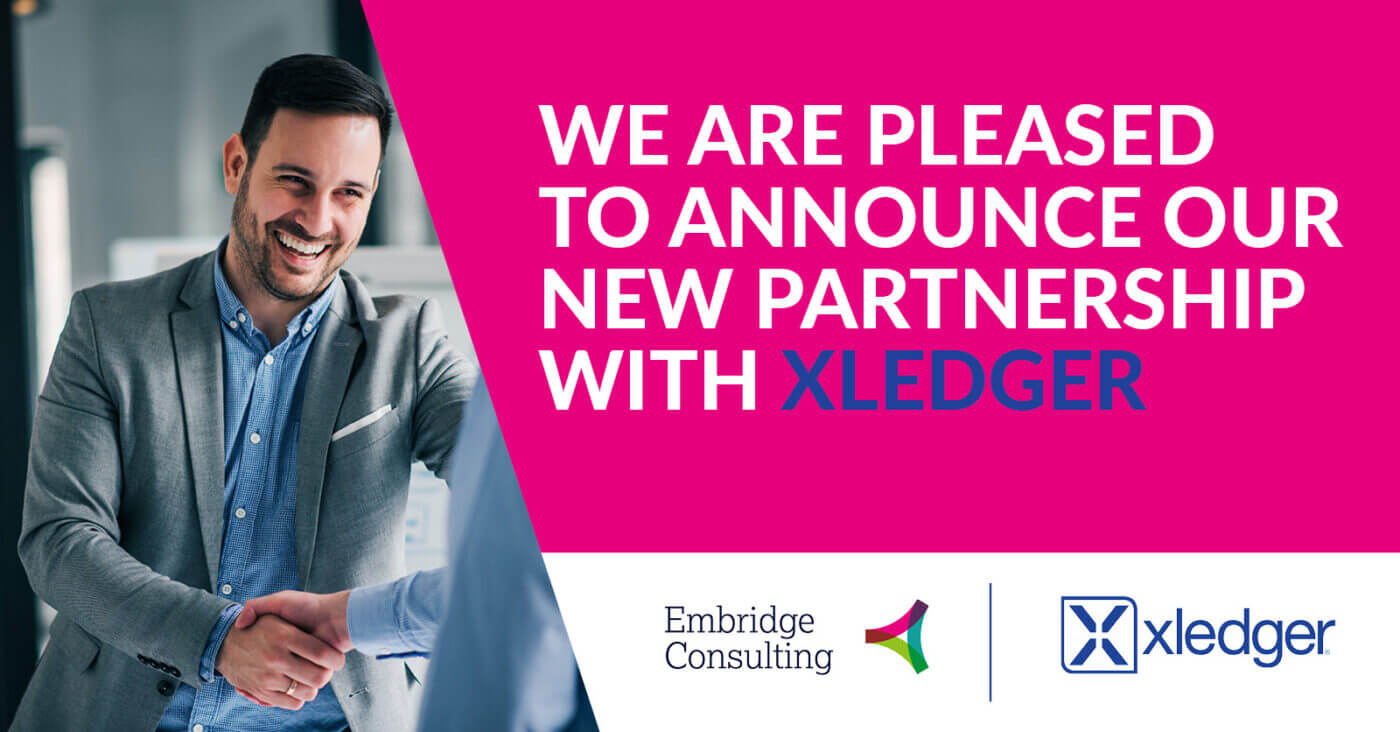Now is the time to consider adopting a cloud finance system over a traditional on-premises solution. But with variations of cloud finance systems on the market – such as private cloud and hybrid cloud – identifying why a ‘true cloud’ finance system will add the most value to your organisation early in the selection process can save a headache down the line.
With countless providers describing their software as ‘cloud,’ it’s important to know that you’re implementing the most forward-thinking solution – that being, a true cloud solution.
Jennifer Sims, a consultant with Xledger UK, explains a little more around what true cloud is and what the benefits of a true cloud solution are.
What is true cloud?
‘True cloud’ is a term coined for multi-tenanted systems. In layman’s terms, this means that everyone utilises the same version of the software. True cloud solutions are popular with software providers born after the invention of the cloud, some well-known examples being Google and Facebook. With a true cloud finance system, the software provider manages the infrastructure on behalf of its customers. In contrast, private cloud is comparable to simply hosting an on-premises solution in an alternative location, hence why it’s frequently labelled ‘fake’ cloud; and hybrid cloud is a mixture of both on-premises and multi-tenanted software.
True cloud solutions, particularly in the context of finance systems, offer numerous benefits:
Seamless upgrades
With a true cloud, multi-tenanted finance solution, upgrades to the software are simple and seamless as the system automatically upgrades to the latest version at no extra cost. Since there is only one version of the software, the vendor does not need to undergo the time-consuming and disjointed process of pushing out upgrades to individual customers.
Superior support
As customers are always running on the same version of the software, true cloud finance systems are inherently easier to support. Not only will your organisation receive the most advanced security patches and fixes, but support queries are also dealt with faster because support teams don’t need to worry which version of the software a customer is utilising.
Cost-effective
A true cloud finance system helps to substantially reduce costs as your organisation is not required to manage its technical infrastructure. As the software is hosted by the vendor, customers can share in the economies of scale achieved by the vendor managing and paying for the hardware and infrastructure on their behalf, meaning no expensive hardware and maintenance fees. Customers effectively pay only for what they consume and are not required to pay for additional, unutilised capacity.
Scalability
Whether to facilitate growth organically or through acquisitions, true cloud systems are built with the future in mind and are designed to make business expansion as seamless as possible. By investing in a true cloud finance system, you are actively investing in your organisation’s future. Using financial software that can scale with your organisation means you don’t need to worry about outgrowing the new system a few years down the line.
Flexible access
True cloud systems are specifically built for the cloud and utilise the total benefits of a browser platform, namely the on-demand availability of the software and its resources. From a technical perspective, this means that much of the processing power is done server-side so true cloud systems can run off a low bandwidth, such as a 4G mobile connection. Cloud-based finance systems enable your organisation to spread finance functions out across the business, providing insight to key users and distributing the workload, regardless of location. A true cloud finance system can be accessed at any time on any web-enabled device – a particularly powerful tool to equip your organisation for efficient remote working.
Out-of-the-box integrations
True cloud systems lend themselves to out-of-the-box integrations, which have gained substantial popularity as they facilitate the real time exchange of data and processes by connecting various applications, systems, and repositories.
Integrations reduce the need for rekeying information, therefore optimising business processes, improving accuracy and enhancing visibility. Furthermore, data can be shared between cloud-to-cloud solutions, as well as between a cloud and on-premise system.
Enhanced security
A true cloud vendor is responsible for maintaining the security of its customers. Given this, true cloud vendors recruit specialists with the sole responsibility of ensuring the security and availability of the system. While every customer must carry out due diligence to ensure that the security expectations of their organisation are met, the economies of scale afforded by a true cloud system mostly allow its multi-tenanted customers to meet or surpass the requirements.
Considering the clear advantages a true cloud finance system offers, you may be asking yourself why every system isn’t true cloud? For the vast majority, the simple explanation is that if a vendor developed their software before the emergence of true cloud, it is too expensive to change. The best scenario is for the vendor to take their existing platform – designed for on-premises solutions – and put that server in another location, then name it private cloud.
When choosing a cloud-based finance solution, make sure to look for true cloud to equip your organisation with the most forward-thinking technology.
Written by: Jennifer Sims, Consultant, Xledger UK.

The addition of Xledger to the Embridge portfolio is tremendously exciting. The way that the product combines ERP functionality with cloud technology will allow us to deliver significant business benefits to a wide range of customers
Jo Sutton Business Growth Director, Embridge
